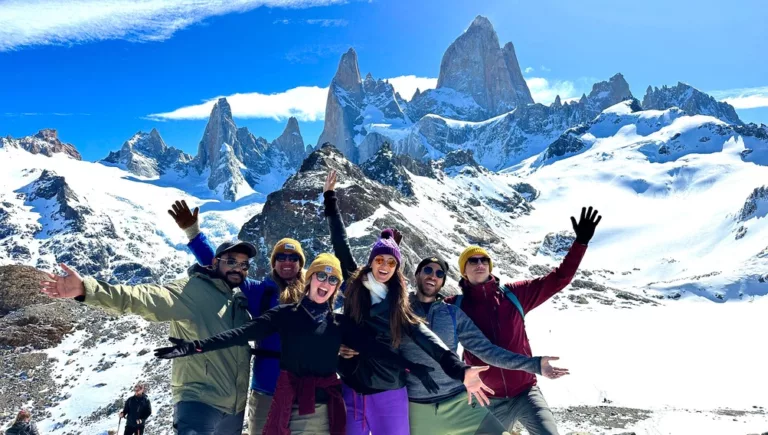When I first heard about the remote-work-travel lifestyle, there were definitely visions of Mojitos on a beach (“no sugar pls”), my laptop beside me proudly displaying a fresh software update, as I cool off from the professional development breakthrough I had just made (as a result of being more productive and inspired). But the further I researched, the more I realized that this wasn’t the reality for errbody — or even the vision. Remote-work and travel means different things to different people.
What's there to gain from a remote-work trip? Professional development? Personal enrichment? Passport stamps?
Solo Remote-Work Travel | Group Remote-Work Travel | Buddy Remote-work Travel | |
Professional development opportunities | ✔️ | ✔️ | |
Social life | ✔️ | ✔️ | |
Wi-Fi security | ✔️ | ||
Cost effectiveness | ✔️ | ✔️ | |
Convenience | ✔️ | ||
Saved time for logistics | ✔️ | ||
Know-how sharing | ✔️ |
Solo Remote-Work Travel
Those who venture out on a remote-work trip solo are generally hustlers and aren’t afraid of getting their hands dirty — and they do. They are more than happy to put equal amounts of time towards life-maintenance, trip struggles (*read as: THE WI-FI IS DOWN AGAIN*) and working while on the move. Making those monies stretch as far as possible is often a priority — sometimes at the expense of convenience.
They get sh*t done, and seem to manage it all, but don’t get as much exposure to professional development opportunities as others — there’s only so much you can plan/research when you’re single handedly doing life, planning a trip in an unfamiliar destination, and upholding a job.
Group Remote-Work Travel
People who join remote-work travel groups are generally very career driven. They want to experience new places and meet new friends, but before anything, they want to get kick-ass professionally. That means that it’s common for them to allocate a portion of their monthly budget to a specialized company that:
- Provides a built-in community for the fun stuff (exploring) and the professional stuff (skill sharing, etc).
- Deals with trip logistics (accommodations & Co-working space) and travel-related struggles (getting sick in South-East Asia is something different), and
- Plans networking/workshops/cultural/social/wellness events, so you don’t have to.
But is this where you get the most bang for your buck? If your “bang” = focused time on building your career, then yes ma’am.
Buddy Remote-work Travel
This one is somewhere in between. Doing a work-travel trip with a friend/partner can be very comforting, so it’s understandable that people attempt to make this happen. The problem is that it can be difficult to coordinate, not only your own travel/work requirements, but then those of your buddies too. That being said, it is cost-effective and you won’t need to rely on making new friends as much for social interaction. Two/three heads are better than one when it comes to finding professional development opportunities and taking care of logistics. But then again, it will still take away time from your work, albeit less if you’re working together.
The Bottom Line
| My research into remote-work travel options began and ended a long time ago. I’ve been doing the global rounds, working remotely for almost 3 years now. And honestly, what I envisioned for myself in the beginning isn’t far from where I am now. I identified what I wanted out of my experience and what was important to me, which personally meant freeing up my time so that I could focus on my work and the adventure on the ground, not logistics and translation issues with dodgy accommodation hosts. |
My advice: know what the limitations are for each of the approaches, and know what you are getting in to. From there, put your effort towards the outcomes you’re wanting and enjoy the f*cking ride.







